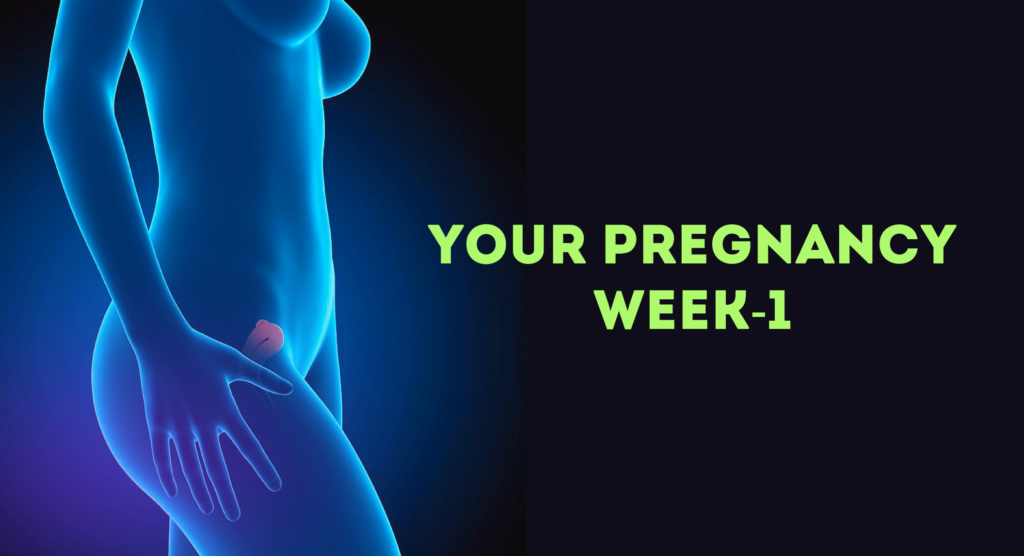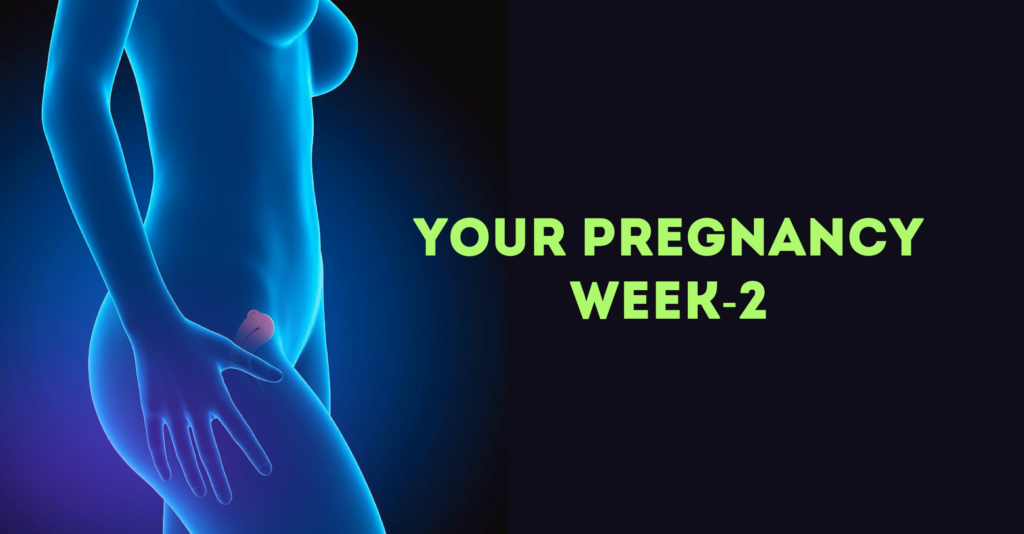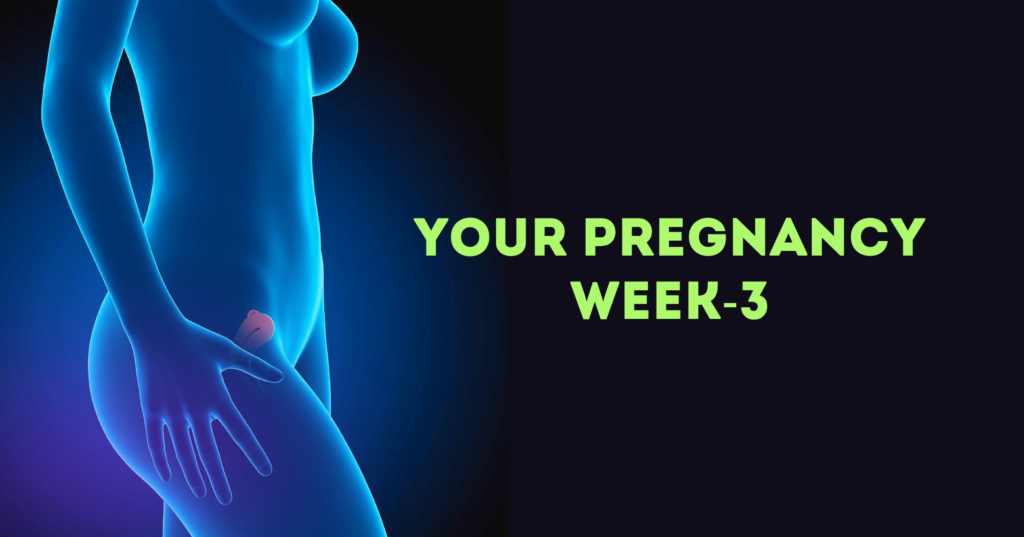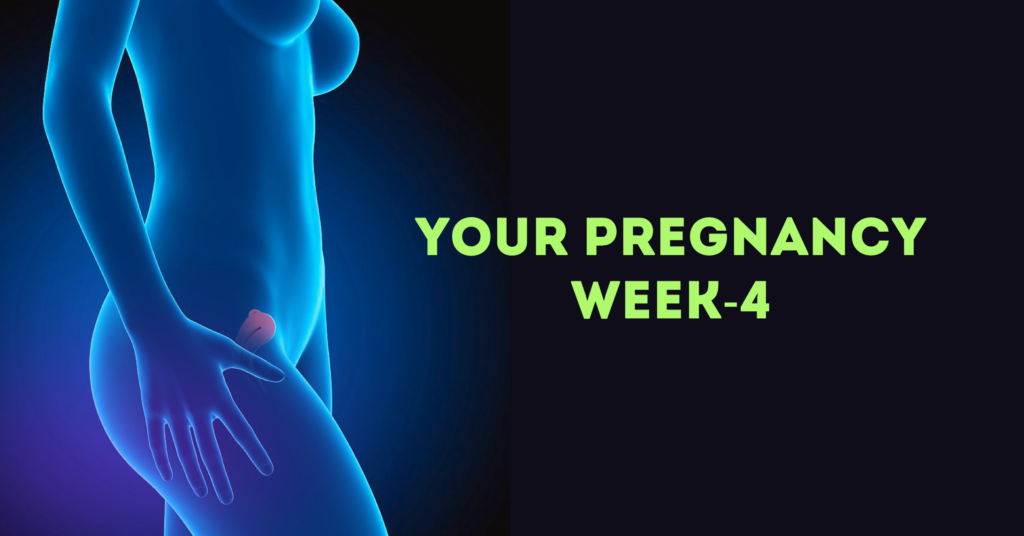Embarking on the journey to parenthood begins with Week 1 of pregnancy. Though technically, you aren’t pregnant just yet! Doctors calculate pregnancy from the first day of your last menstrual period (LMP), so Week 1 marks the beginning of your cycle leading up to ovulation and conception. While it may seem early, this week sets the foundation for the next nine months.
Pregnancy Symptoms in Week 1
Since Week 1 is actually part of your menstrual cycle, the typical pregnancy symptoms haven’t begun yet. Instead, you might experience symptoms of menstruation, including:
- Cramps: Mild to moderate cramping is common as your uterus sheds its lining.
- Bloating: Hormonal fluctuations can lead to bloating, making you feel puffy or uncomfortable.
- Fatigue: Your body is busy preparing for the ovulation process, which can leave you feeling tired.
- Mood Swings: Hormonal shifts may cause mood changes similar to those experienced with premenstrual syndrome (PMS).
If you’re trying to conceive, it’s important to track your menstrual cycle during this time to identify when you’re most fertile.
Your Pregnant Belly at 1 Week
At Week 1, there’s no noticeable change to your belly. Your body is in its natural menstrual cycle phase, and there’s no embryo yet. However, your uterus is already preparing for a potential pregnancy by shedding its lining during menstruation. By the end of the week, your body will begin ovulating, ready for fertilization.
While your belly may not show any signs of pregnancy yet, this is an excellent time to focus on nurturing your health to prepare for the months ahead.
Tips for 1 Week Pregnant
If you’re planning for pregnancy, Week 1 is the perfect time to start laying a healthy foundation. Here are a few tips to help you prepare:
- Start Prenatal Vitamins: Folic acid is crucial in the early weeks of pregnancy to prevent neural tube defects, so start taking prenatal vitamins that include folic acid (400-800 micrograms).
- Track Ovulation: Use an ovulation calendar or ovulation prediction kit to pinpoint your most fertile days.
- Eat a Balanced Diet: Incorporate whole grains, lean proteins, fruits, and vegetables to boost your nutritional intake.
- Cut Back on Alcohol and Caffeine: If you haven’t already, begin cutting down on alcohol and limiting caffeine to boost your fertility and overall health.
- Exercise Moderately: Regular exercise can help regulate your menstrual cycle and improve your chances of conception. Aim for light to moderate activity like walking or swimming.
To-Do’s for Dads in Week 1
While your partner may not be pregnant yet, there are plenty of ways for dads-to-be to get involved early on:
- Get Informed: Start reading about the pregnancy process so you’re prepared for what’s ahead. Understanding the journey will help you support your partner better.
- Track Ovulation Together: Participate in tracking your partner’s fertility cycle, and encourage her to stay healthy and relaxed.
- Create a Healthy Environment: Consider reducing stress around the house and encourage a healthy lifestyle by cooking nutritious meals or exercising together.
- Cut Down on Alcohol & Caffeine: Since sperm health can affect fertility, it’s a good idea to limit alcohol and caffeine consumption as well.
- Offer Emotional Support: Trying to conceive can be an emotional process, so being present and supportive from the very beginning will strengthen your bond as you move toward parenthood.
Summary
Pregnancy Week 1 may not seem like the start of your baby’s development, but it’s a critical phase in preparing your body and mind for conception. With proper preparation, a healthy lifestyle, and teamwork between both parents, you’ll set the stage for a successful pregnancy. The journey begins here—small steps taken now will make a huge difference in the weeks to come.



